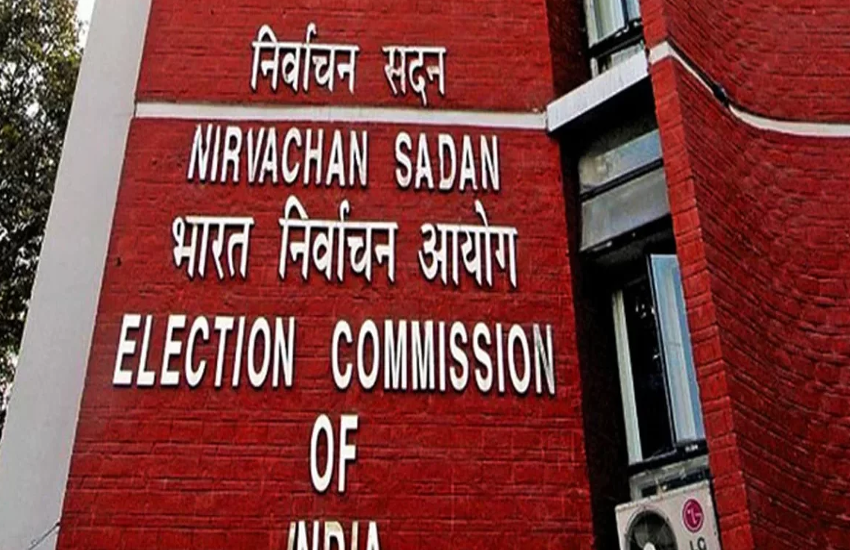Immunotherapy delays type 1 diabetes in people

According to a study, Immunotherapy, a process where diseases are treated by activating or suppressing the immune system, effectively slowed the progression to clinical type 1 diabetes in high-risk individuals.
The study, involving treatment with an anti-CD3 monoclonal antibody (teplizumab), was conducted by Type 1 Diabetes TrialNet, an international collaboration aimed at discovering ways to delay or prevent type 1 diabetes.
Researchers enrolled 76 participants ages 8-49 who were relatives of people with type 1 diabetes, had at least two types of diabetes-related autoantibodies (proteins made by the immune system), and abnormal glucose (sugar) tolerance.
Participants were randomly assigned to either the treatment group, which received a 14-day course of teplizumab, or the control group, which received a placebo. All participants received glucose tolerance tests regularly until the study was completed, or until they developed clinical type 1 diabetes - whichever came first.
During the trial, 72% of people in the control group developed clinical diabetes, compared to only 43% of the teplizumab group. The median time for people in the control group to develop clinical diabetes was just over 24 months, while those who developed clinical diabetes in the treatment group had a median time of 48 months before progressing to diagnosis.
"The difference in outcomes was striking. This discovery is the first evidence we've seen that clinical type 1 diabetes can be delayed with early preventive treatment. The results have important implications for people, particularly youth, who have relatives with the disease, as these individuals may be at high risk and benefit from early screening and treatment" said Lisa Spain, lead researcher of the study.
Type 1 diabetes develops when the immune system's T cells mistakenly destroy the body's own insulin-producing beta cells. Insulin is needed to convert glucose into energy. Teplizumab targets T cells to lessen the destruction of beta cells.
Previous clinical research funded by the NIH found that teplizumab effectively slows the loss of beta cells in people with recent onset clinical type 1 diabetes, but the drug had never been tested in people who did not have clinical disease.
"We wanted to see whether early intervention would have a benefit for people who are at high risk but do not yet have symptoms of type 1 diabetes," said Kevan C. Herold, lead author of the study published in New England Journal of Medicine.
The effects of the drug were greatest in the first year after it was given, when 41% of participants developed clinical diabetes, mainly in the placebo group. Many factors, including age, could have contributed to the ability of teplizumab to delay clinical disease since at-risk children and adolescents are known to progress to type 1 diabetes faster than adults.
Faster progression of type 1 diabetes is associated with a highly active immune system, which may explain the impact of immune system-modulating drugs like teplizumab.
-ANI






![BJP's Kapil Mishra recreates Shankar Mahadevan’s ‘Breathless’ song to highlight Delhi pollution [WATCH] BJP's Kapil Mishra recreates Shankar Mahadevan’s ‘Breathless’ song to highlight Delhi pollution [WATCH]](https://images.catchnews.com/upload/2022/11/03/kapil-mishra_240884_300x172.png)

![Anupam Kher shares pictures of his toned body on 67th birthday [MUST SEE] Anupam Kher shares pictures of his toned body on 67th birthday [MUST SEE]](https://images.catchnews.com/upload/2022/03/07/Anupam_kher_231145_300x172.jpg)






